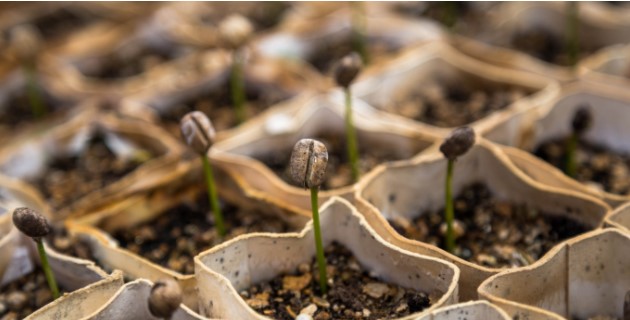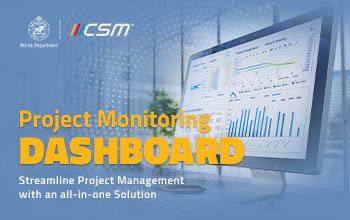For any farmer, a seed is a cheap yet critical input for farming. With a fistful of seeds, the farmer launches himself onto the farm, sowing them and reaping the crop that reaches millions.

Seeds are of critical importance in states with primarily agrarian focus. Bihar with 77 per cent (higher than national average) of the workforce engaged in agriculture, a sector that generates nearly 25 per cent of the Gross State Domestic Product has attained self-sufficiency in food grains. Realizing how seed costs impacts farmers, the Bihar government under Integrated Farming scheme has recently announced to provide 50 per cent subsidy on purchase of seeds and compost.
Research backs that good quality of seeds enhances agricultural productivity by 10-15 per cent. Sensing the scope and promise, the Bihar government set up the Bihar State Seed & Organic Certification Agency (BSSOCA) to improve the quality of seed availability. But the manual driven system needed much paper work and physical visits for farmer registration. And, tossed up challenges like the absence of a unified database of registered farmers, lack of reliable information on seed producing agencies, risk of duplication of records and seed certification data and unavailability of accurate market data on certified seeds.
The recipe for a better harvest lied in an agile end-to-end certification system. Realizing this, BSSOCA opted for a unified database for seed growers and seed certification. The bilingual portal operational in 38 districts is split into three regions- Patna, Muzaffarpur and Bhagalpur. The system has brought in greater inclusivity through operational autonomy, access to timely & right information and transparent transaction. The system has led to complete transparency in the farm-to-fork value chain. Also, it has eased the process of seed certification as stakeholders can have seamless transactions and gain better access to information.
Besides, it facilitates self-registration of farmers or through the seed producing agency of the respective district. A unique farmer registration number is generated after approval. Farmers are registered for a year or a season. Besides farmers’ registration, the system has other features like farmer payments, farmer tagging (where the main farmer can tag small and marginal farmers), field inspection, sugarcane inspection, inspection cancellation, seed certification et al.
The automation has resulted in many benefits- reduction in transaction time and cost for application and registration, increased visibility through real time access to essential information, greater availability of information to stakeholders and data analytics support for better business function.
The impact of the process automation is manifested in the metrics - 58 seed types covered across 38 districts and 12756 seed certificates generated besides bringing under its purview 38 seed inspectors and 375 seed producing agencies.
Credited with this AgriTech intervention, Odisha-based CSM Technologies has created similar seed certification systems for various administrations, including a robust seed certification solution in Kenya. Today, as countries go for stringent seed trade norms, much will depend on the ease with which farmers can access high quality seeds, translating into higher productivity. Technology wrapped with inclusion can catalyze this change.
The author is Priyadarshi Nanu Pany, Founder & CEO of CSM Technologies. This article was originally published on NEXUS OF GOOD.


























































We will verify and publish your comment soon.